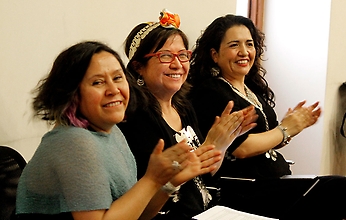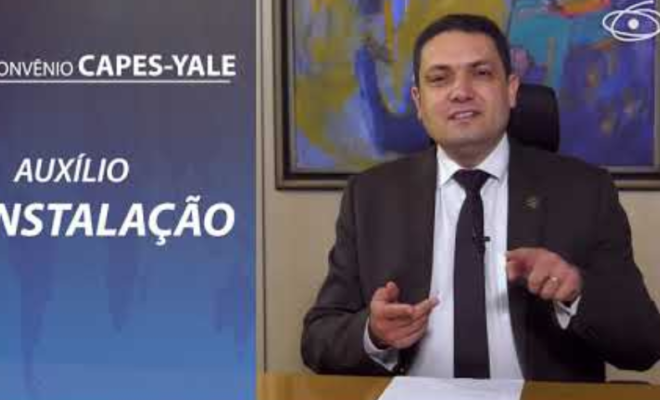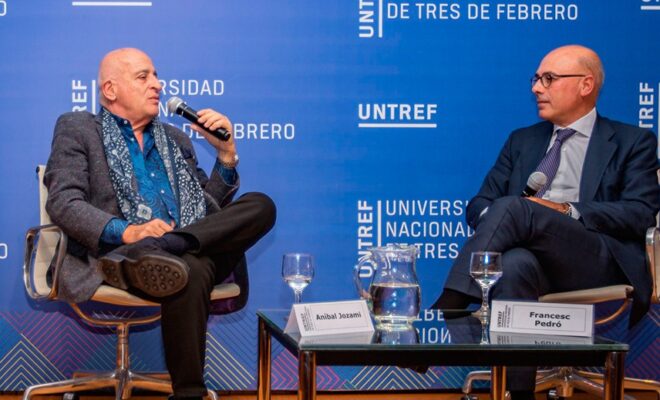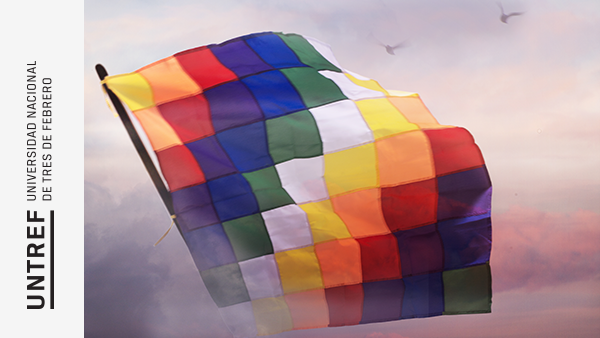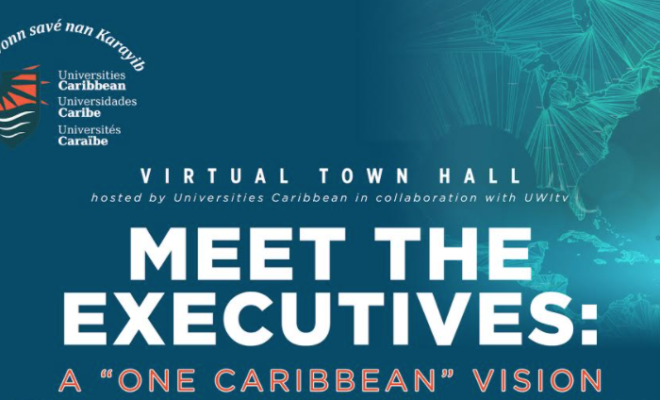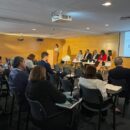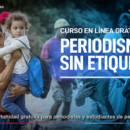Call for Internet Actions for the Eradication of Racism
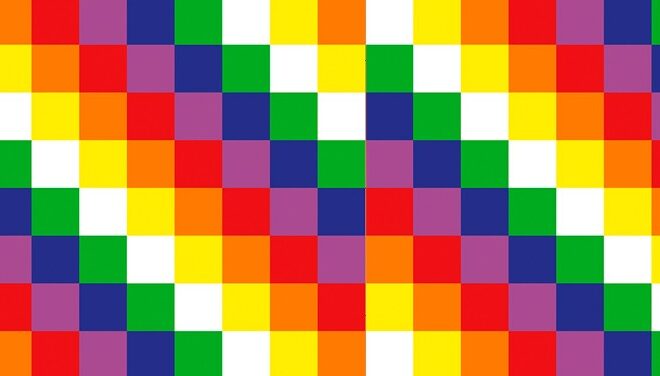
The Cátedra UNESCO Educación Superior y Pueblos Indígenas y Afrodescendientes en América Latina (UNESCO Chair in Higher Education and Indigenous and Afro-descendant Peoples in Latin America) of the Universidad Nacional de Tres de Febrero (UNTREF), through its Iniciativa para la Erradicación del Racismo en la Educación Superior (Initiative for the Eradication of Racism in Higher Education), invites you to participate in the Call for Actions on the Internet aimed at promoting reflections and debates on the multiple forms of racism that still persist in higher education systems in Latin America, and contribute to their eradication.
Various forms of racism persist in higher education systems in the twenty-first century. Some of them are expressed openly, they are “visible”, and they are often associated with the idea of “racial discrimination”. Others, which, depending on the case, are structural or systemic, have been “naturalized” and are often virtually “invisible”. These are expressed in the mono-cultural character of higher education systems and institutions (HEI), deriving in the exclusion of world views, stories, languages, knowledge and modes of production, of the various indigenous and Afro-descendant peoples and communities. They also manifest themselves through the marginalization and devaluation of authors and of Afro-diasporic and indigenous peoples’ perspectives in the curricula; in the low participation of indigenous and Afro-descendant people among students, teachers, authorities and officials of HEI, and in prejudices regarding their intellectual capacities.
The Final Declaration of the 3rd. Regional Conference on Higher Education (CRES 2018), among other recommendations, emphasized that HEI must educate the general population, and particularly their communities, against racism and all forms of discrimination and intolerance. The UNESCO Chair on Higher Education and Indigenous and Afro-descendant Peoples in Latin America launches this Call with the aim of advancing the implementation of these and other related recommendations of the CRES 2018.
The Call is exclusively aimed at proposals for actions on the Internet and/or in the so-called “social networks”, designed and implemented by students, teachers, researchers, and other workers (of any rank and position) of IES of Latin America, with the aim of promoting reflections and debates on the multiple forms of racism that still persist in the policies, systems and institutions of Higher Education in Latin America, and contributing to its eradication.
A maximum of 25 proposals for actions will be selected. The selected actions will have the institutional support of the UNESCO Chair on Higher Education and Indigenous and Afro-descendant Peoples in Latin America, which will carry out campaigns to disseminate the selected actions, seeking to give them the greatest possible visibility. It will also promote and facilitate communications and collaborative work among the teams responsible for the selected actions, and with the Team of Collaborators specially constituted to contribute to the implementation of these proposals.
- Period of receipt of proposals: 15 May to 15 July 2020.
- Communication of the results of the selection of proposals: 15 August 2020.
- Period of implementation of the actions: 15 September to 15 November 2020.
RELATED ITEMS

